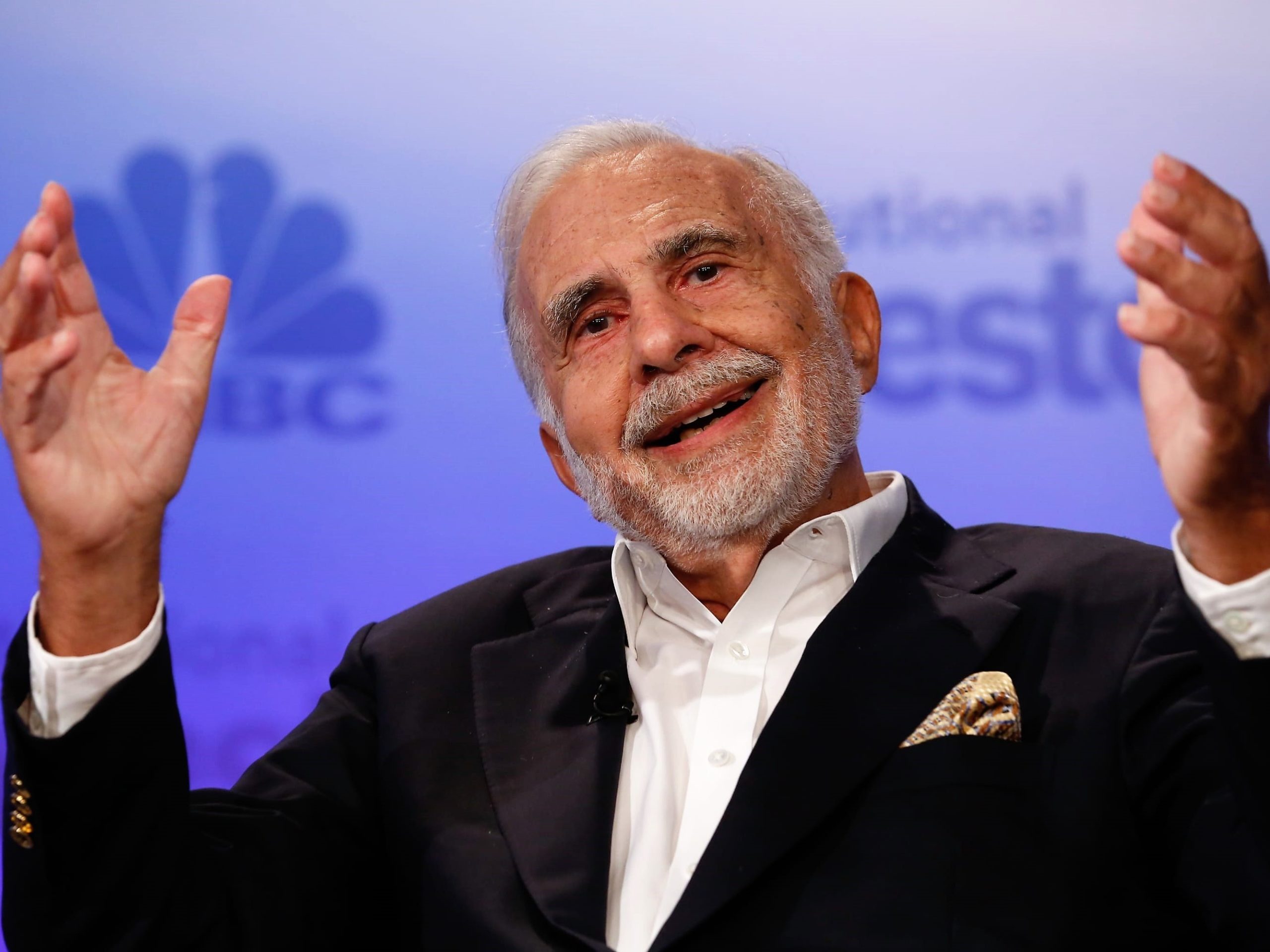To receive a free full-text email of The Zeitgeist whenever we publish to the website, please sign up here. You’ll get two or three of these emails every week, and your email will not be shared with anyone. Ever.

Hertz awards over $16 million in retention bonus to key executives (Reuters)
U.S. car rental company Hertz Global Holdings (HTZ.N) said on Tuesday it has paid about $16.2 million in retention bonuses to a range of key executives at the director level and above, days after the company filed for bankruptcy protection.
The company paid President and Chief Executive Officer Paul Stone $700,000, and Executive Vice President and Chief Financial Officer Jamere Jackson $600,000 as retention bonuses, Hertz said in a filing to the U.S. regulators.
Last week, the board of the company, which counts billionaire investor Carl Icahn as its largest shareholder with a nearly 39% stake, allowed it to seek chapter 11 protection in a U.S. bankruptcy court in Delaware.
My Twitter feed this morning was deluged with people calling out Hertz for awarding $16 million in retention bonuses to senior executives right before they declared bankruptcy.
Sure looks like a classic BITFD adventure in financialization, right? Where entrenched, self-dealing executives transfer vast wealth to themselves in the good times, protect themselves in the bad times, and leave 38,000 rank-and-file Hertz employees to twist in the wind.
But this is not that story.
The Hertz bankruptcy is not a story of entrenched, self-dealing management. Nope, if anything management is getting screwed here, and the $16 million in retention bonuses – spread over 340 employees – is on the way, way, way low end for what I’d expect. This feels to me more like an ultimatum for management than a reward, something like, “Take this to keep your mouth shut and rip up your employment contract, or hit the road and we’ll see you in court.”
Consider this. A week ago Kathryn Marinello was the President and CEO of Hertz, a position she’s held since January 2017. She’s out, left holding 408,000 shares of basically worthless stock. BTW, she spent more of her own money buying Hertz shares on the open market ($520,000) than she pocketed from sales ($355,000). Neither CFO Jamere Jackson (189,000 shares) nor new CEO and former EVP Paul Stone (48,000 shares) has ever sold a share of stock.
I mean, I don’t feel sorry for this crew. Marinello’s cash comp in 2019 was $3.6 million. CFO Jackson got $1.6 million in cash comp, and EVP Stone got $1.1 million. Sure, their stock holdings are now worth squat, but with the exception of 40,000 shares Marinello bought with her own money, they paid nothing for these shares.
But this is not a story of financialization by an entrenched, self-dealing management team.
It’s a story of financialization by an entrenched, self-dealing minority ownership team.
On June 30, 2016, Carl Icahn led a restructuring of “Old Hertz”, where the Hertz Equipment Rental Corporation (HERC) was split off from the car rental operations (Hertz Global Holdings). Each became a separate publicly-traded company (Icahn with 39% equity stake in Hertz and a 15% stake in HERC), each installed an Icahn-controlled board (not “controlled” in a legal sense, but controlled sure enough), and each started taking on massive amounts of debt.
How much debt?
Well, HERC has about $2.1 billion in long-term debt, against an equity market cap of only $830 million (and that’s more than twice what it was at the March lows). The equity position is what we might call a stub … a small piece of the enterprise value of the overall corporation (debt + equity – cash). If you want to understand HERC as an equity investment, you better focus your analysis on that debt position and how the company can support that kind of leverage!
As for the debt levels at Hertz … LOL.
Hertz has more than $19 billion in long-term debt, against a market cap that was (at its 2019 peak!) about $2.1 billion. Now there’s a stub for you.
It’s hard for me to adequately convey the playground that an insanely levered rental company – whether it rents cars or construction equipment – provides for a financialization genius like Carl Icahn. Between asset depreciation assumptions, cost of capital assumptions, and the ability to securitize or otherwise move assets off your balance sheet … the accounting cookie jar that a rental company gives Icahn is otherworldly. Keep in mind, too, that in 2017 – more than a year after Icahn took control – Hertz was forced to report that management had “identified material weaknesses in our internal control over financial reporting.”
And then this happened:
- Per the 2019 10-k, Hertz paid Icahn-controlled companies $57 million in related party transactions last year, including property lease payments.
- Per the 2019 10-k, Hertz pension plan obligations are now underfunded by $126 million.
- Per the 2019 10-k, last year Hertz raised $750 million in new equity, $500 million in new debt maturing in 2026, and $900 million in new debt maturing in 2028. With those proceeds, Hertz redeemed $700 million of debt due in 2020, $500 million of debt due in 2021, and $900 million of Senior Second Priority Secured Notes.
So sure, you can get all worked up about the $16 million in retention “bonuses” that the Icahn board approved to 340 employees if you like.
Me, I’m more curious about the related party transactions, what happens to the pension fund, and who owned those second priority notes.



There’s a law for that - fraudulent conveyance. The facts will out.
Here is Icahn’s statement:
“I believe that based on a plan of reorganization that includes new capital, Hertz will again become a great company. I intend to closely follow the Company’s reorganization and I look forward to assessing different opportunities to support Hertz in the future.”
I’ll bet he plans on “assessing different opportunities to support Hertz in the future!”
As you said, perhaps he has already been paid out on his investment in a variety of ways. And perhaps a bankruptcy reorg might end up being more profitable for Icahn than his prior equity ownership stake? Who knows whether he is buying up the senior debt now and putting together a consortium to take over Hertz in bankruptcy a la John Paulson, et al, in 2009? Those new bonds issued last year maturing in 2026 and 2028 are trading at $17 and $18 respectively, if they trade at all.
Or perhaps, like Warren with the airlines, Carl has decided rental cars in the age of COVID are just a losing game?
Icahn pulled that stunt with TWA decades ago. Lot of good people got hurt and he got richer.
High Functioning Sociopaths…when you start looking you see them everywhere.
Is it possible that Icahn uses a money losing venture to offset gains in some other investments on purpose? Loading the company with debt, minimizing his equity investment just to get a meaningful tax break?